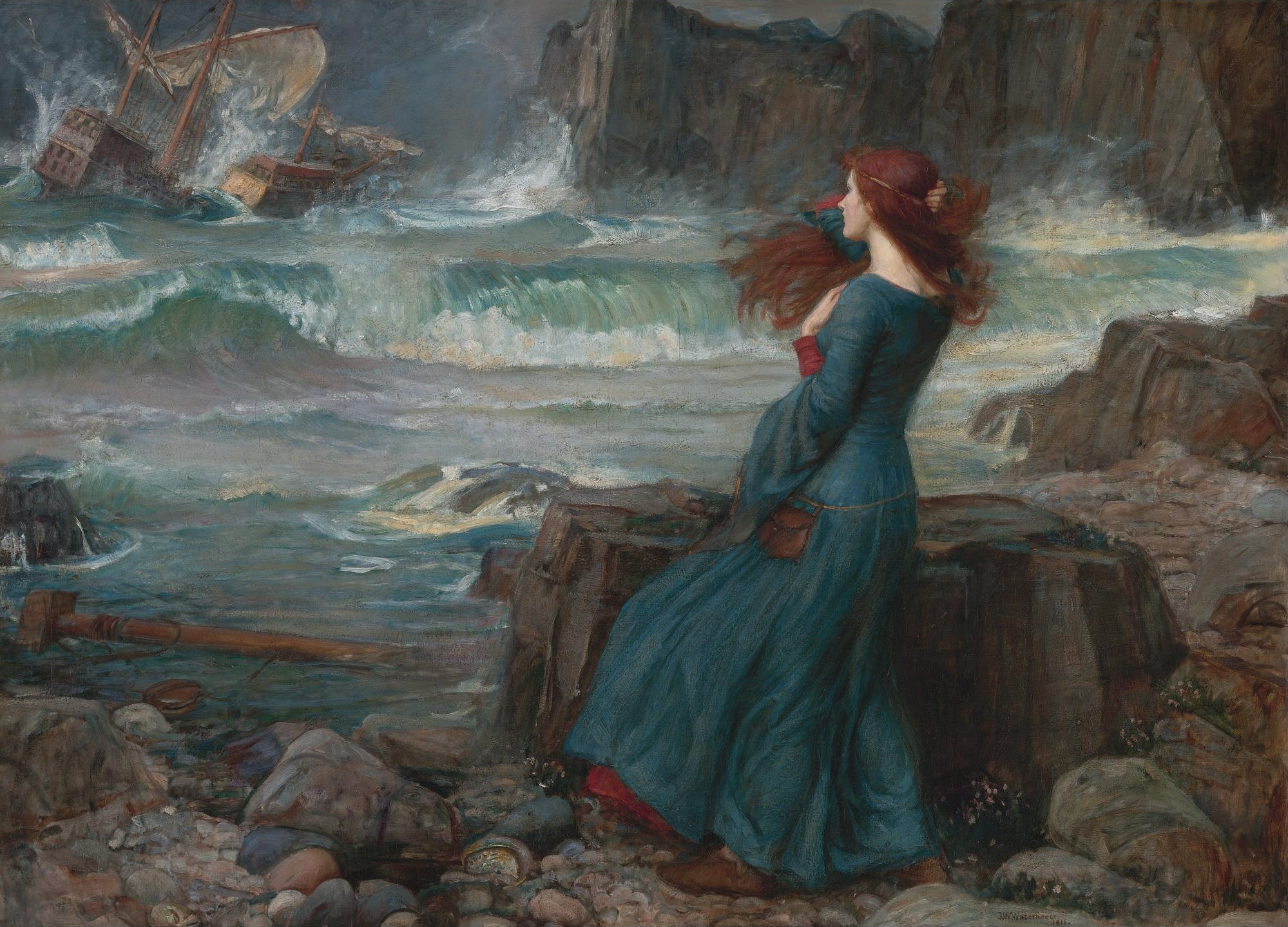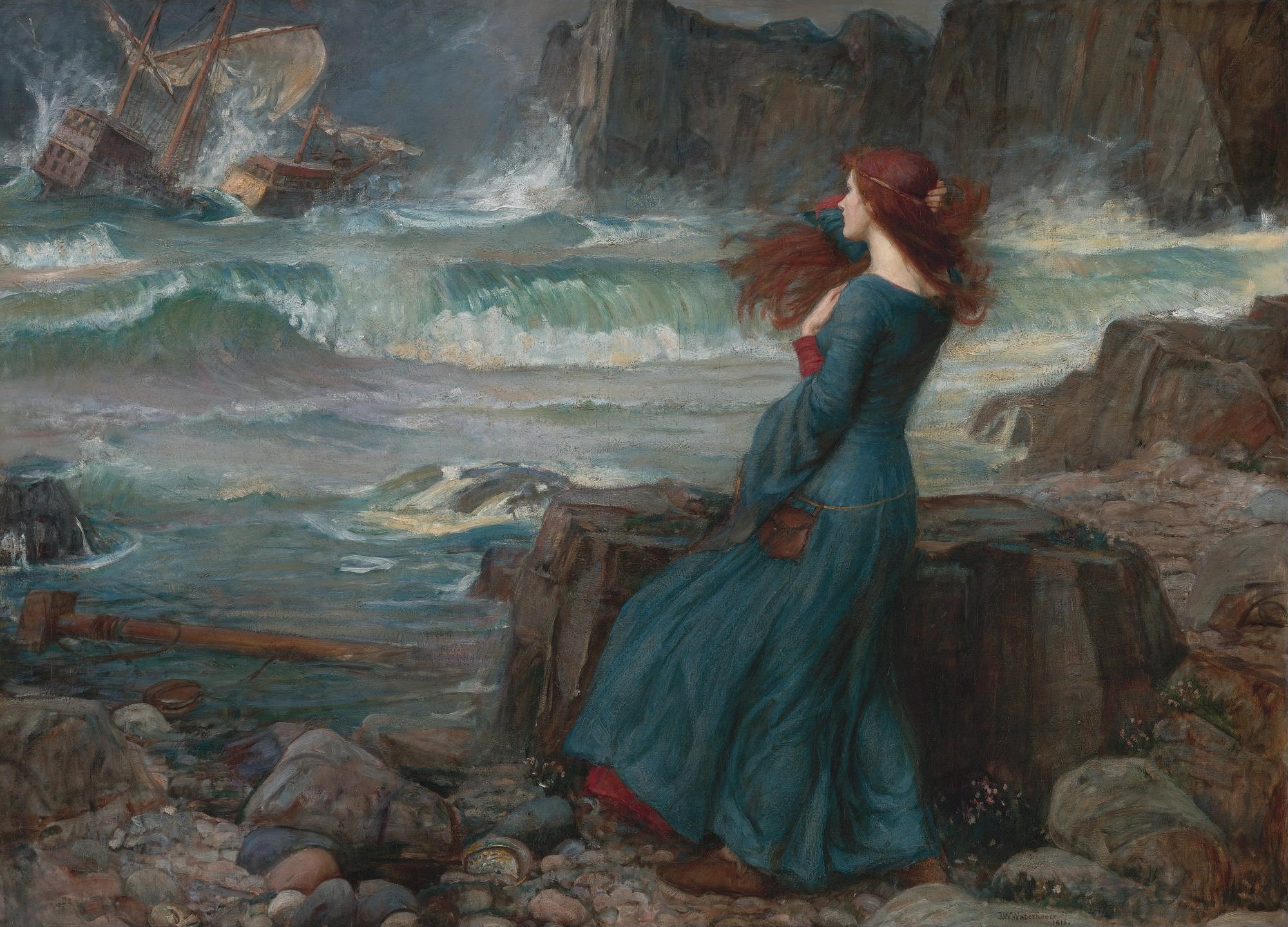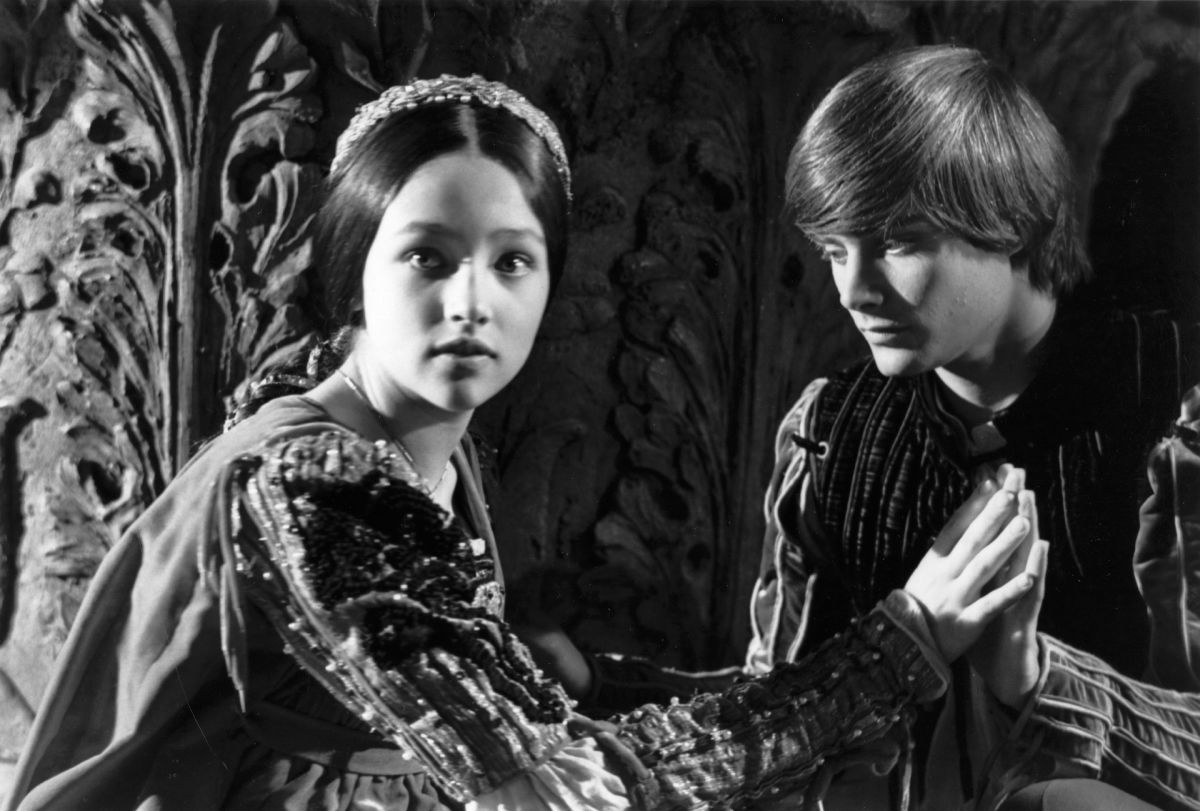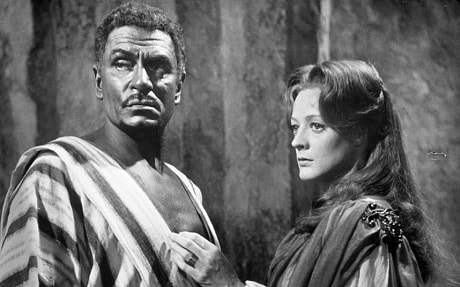And I mean that literally. My daughter is about to start studying the play in school (she’s been doing sonnets and Shakespeare bio for the last week or two). I’ve tried to sit down with her and look at the original text. It’s difficult.
I’m not talking about the prologue. I think that’s pretty self explanatory. I mean this part:
SAMPSON
Gregory, o’ my word, we’ll not carry coals.
GREGORY
No, for then we should be colliers.
SAMPSON
I mean, an we be in choler, we’ll draw.
GREGORY
Ay, while you live, draw your neck out o’ the collar.
SAMPSON
I strike quickly, being moved.
GREGORY
But thou art not quickly moved to strike.
Somebody please explain to me how you open a play with the “carry coals” / “colliers” wordplay and make it interesting and entertaining to a bunch of 13yr olds, instead it being about as interesting as Shay’s Rebellion, the French and Indian War or any other number of “Trust me, you have to learn this because I said so” lessons they’re so used to?
Shortly we can get into it a bit and have fun with the “I do bite my thumb at you” scene, and the action picks up. I’m specifically asking about the above bit. Without simply just skipping it, or otherwise giving it ye olde “modern translation”, how do you explain why it’s there?
Well, this is amusing. I just googled “collier carry coals” because I wanted to get some idea of the working definition fresh in memory — and my own post is the first thing that came up! I honestly had forgotten about that post (written in 2008!) but it’s nice to see that I’m consistent. When explaining it to my daughter off the top of my head, I explained it now like I was apparently doing back then – this is Elizabethan “I don’t take crap from anybody” bragging to get the play started, with associated puns and wordplay to make banter out of it.
I tried to show my daughter the Zeffirelli version of the play, but it actually doesn’t start on the text. So then we went with the Luhrman version, which is closer to the text, but basically starts at “I will bite my thumb.”
So I’m curious how we’re dealing with this in the real world. Teachers, you out there? Do we skip it?
(I’m reminded of the schoolteacher friend of mine who once told me she skips Queen Mab, but that’s a whole different sacrilege…)







